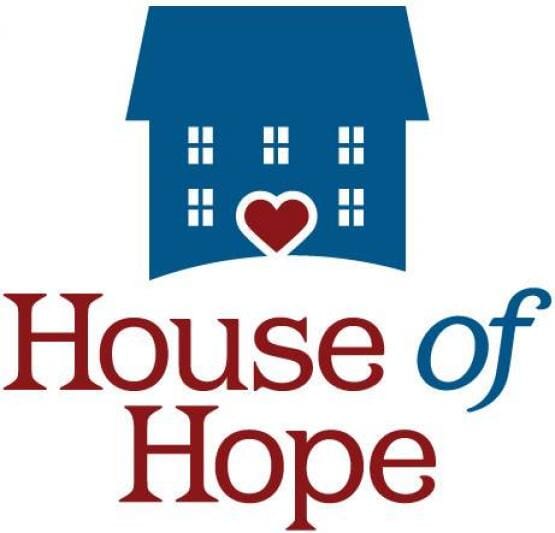House of Hope: Substance Abuse Treatment Programs for Women and Mothers
House of Hope is dedicated to providing comprehensive substance abuse treatment programs for women, pregnant women, and mothers with children. Our treatment options include residential programs, partial hospitalization, and intensive outpatient care, as well as day programs for children whose mothers are receiving treatment at our facility. Our therapeutic services encompass a wide range of approaches, including 12-step groups, individual, group, and family counseling, parenting classes, and relapse prevention training.
About House of Hope – Salt Lake City
House of Hope – Salt Lake City is a leading treatment center that specializes in providing care for women and mothers struggling with substance abuse and co-occurring disorders. Our facility offers a range of treatment options, including residential, day, and outpatient programs, all designed to promote the bonding process between mothers and their children. House of Hope operates two facilities in Utah, with our other location situated in Provo.
Treatment and Assessment
At House of Hope, we prioritize the well-being and safety of our clients. As such, we do not provide detox services and require all individuals to be free of drugs and alcohol for 72 hours, opiates for seven days, and benzodiazepines for 14 days prior to admission. In addition, clients must undergo a TB test and general health screening prior to starting treatment. Our treatment approach is rooted in the biopsychosocial model of addiction, which recognizes addiction as a chronic disease. We incorporate the 12-Steps and utilize a variety of treatment modalities, including group counseling, individual therapy, family counseling, and substance abuse education. Workshops focus on parenting skills, relapse prevention, anger and stress management, and healthy living activities. We encourage clients to participate in community-based Alcoholics Anonymous (AA) and Narcotics Anonymous (NA) groups. Case management is an integral part of our treatment process, and the length of stay is tailored to meet each client’s unique needs. For children of participating mothers, our Hope Center for Children provides a structured therapeutic environment where they can learn to regulate their emotions and engage in creative expression under the guidance of a case manager and therapist.
Upon completing treatment, House of Hope offers comprehensive aftercare and recovery support services to assist clients in transitioning back to their everyday lives.
Staff Credentials
The treatment team at House of Hope consists of qualified professionals, including case managers, substance abuse counselors, therapists, clinical supervisors, administrative managers, and support staff.
Accommodations and Amenities
Our Salt Lake City facility can accommodate up to 44 women and 45 children. Ratings from individuals surveyed indicate that our accommodations receive an average rating of 3.5 stars, while cleanliness ratings are above average.
Alumni Feedback
Feedback from alumni is varied. While some individuals had negative experiences, others provided positive reviews. Our treatment effectiveness, accommodations, and meals and nutrition received four- and five-star ratings from some alumni. The treatment team was consistently praised, with special mention of their work with children. However, one respondent expressed a desire for more faith-based programming.
Feedback from Friends and Family
Perspectives from loved ones also vary. One respondent had a less favorable view of the facility, citing concerns about the staff’s skill and experience, lack of additional offerings, and poor quality of food. Another respondent, however, highly recommended House of Hope, highlighting the authority and accommodations as strengths, though noting the cost as a potential drawback.
Financing Options
House of Hope offers self-pay options and accepts third-party payments. We also work with Medicaid and various private insurance companies, including Aetna, United Healthcare, and Regence BlueCross BlueShield of Utah.
